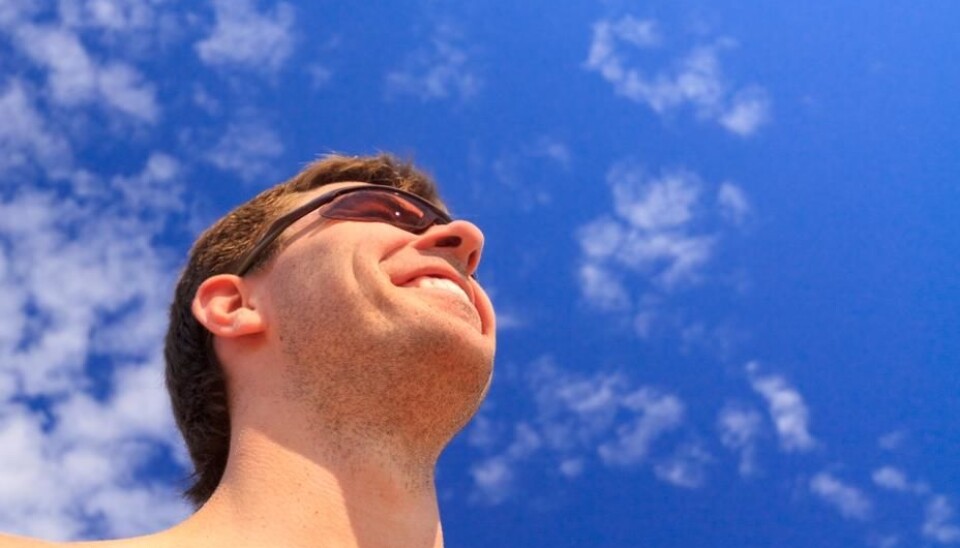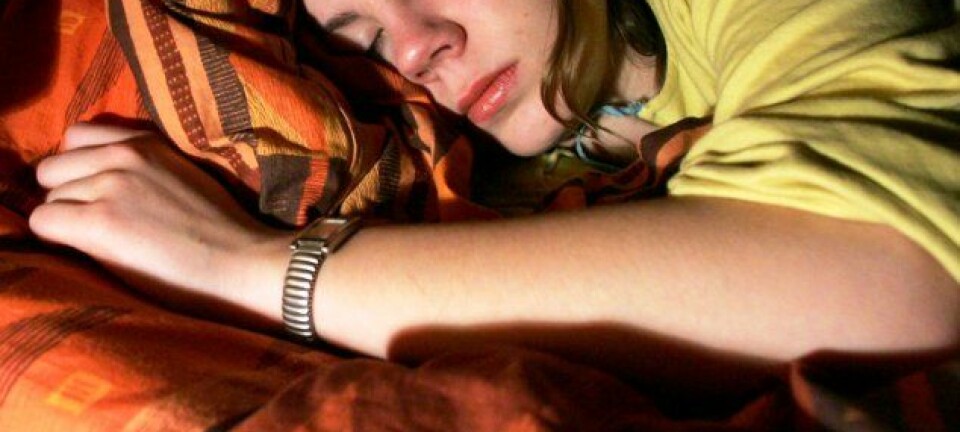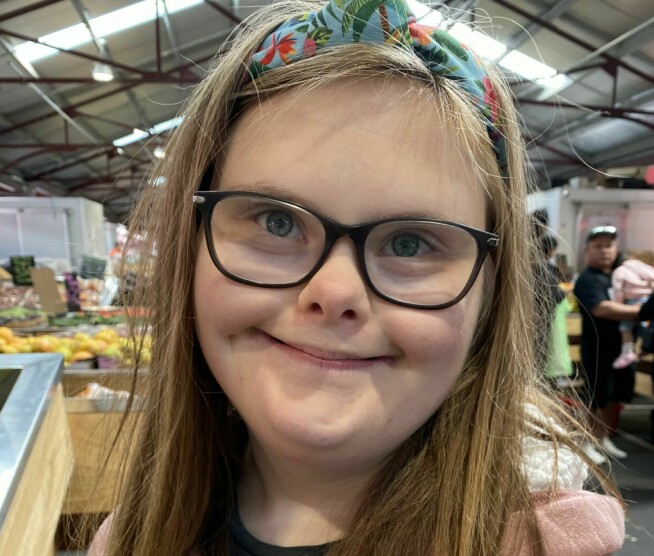
Does light really put us in a good mood?
On average, Danes spend all but four hours of their day indoors. But what effect does this really have on their state of mind? The answer is just around the corner.
Most readers will have heard that light influences our state of mind.
And when summer comes, with gorgeous sunny days, lingering summer evenings and light nights, many are also sure to have felt that life seems easier and more beautiful than usual.
But in fact, no one has actually proven that light makes any difference at all.
Although studies have so far indicated that outdoor work has a positive effect on depression, researchers have yet to prove that it is light, rather than other factors such as physical activity that plays a role.
There will always be less light indoors than out, even if you sit by a window. A large window obviously lets in more light than a small one, but a double layer of glass steals 20 per cent of it.
Henrik Kolstad, consultant
A new Danish research project aims to remedy this.
New study based on light measurements
In an extensive study, researchers will for the first time make use of objective measurements to investigate how much - or little - truth there is in the established truth.
"Until now we have based our knowledge on the results of questionnaires. The disadvantage of this is that the results may have been influenced by people's personal evaluations. We can now avoid this using the new method," explains Henrik Kolstad. He is consultant at the Occupational Medicine Clinic at Aarhus University, and will be supervisor for the PhD student who will initiate the one-year study this autumn.
However, we will still need to use questionnaires to measure participants' state of mind, because there is no such thing as a 'moodometer', explains Kolstad. The questions involved are, however, created with a view to revealing symptoms of depression.
"Subsequent to that, participants with multiple symptoms of depression undergo a psychiatric interview to evaluate whether they are suffering from a depression.
"What we are ultimately interested in is whether light influences the risk of depression," Kolstad explains.
Sophisticated wristband will measure light
Each of the study's 900 participants will be wearing a sophisticated wristband for a week. The wristband will measure the amount of light and participants' levels of physical activity.
This will enable the researchers to determine whether physical activity also affects the state of mind, or whether light alone is significant.
Henrik Kolstad explains how experiment participants will be selected from various professions and divided into three groups, according to where they spend the day in the light of their:
- Indoor work (the 'reference group' representing the majority of Danes)
- Outdoor work
- Night work
"Although 900 is by no means a large number, dividing the participants into groups means that we can subsequently use the figures to characterise a larger group," says Kolstad.
Night work and breast cancer also to be examined
The new project will also delve into the discussion about whether night work raises the risk of breast cancer.
"There is a suspicion that working in electric light inhibits melatonin, a hormone that controls our circadian rhythm, and in such case that it may lead to breast cancer. In connection with the new project we will be taking saliva and blood samples to analyse the participants' melatonin levels," says Kolstad.
He adds that the result will also help them understand and treat sleep disorders in people who work nights.
"Apart from that, there are indications that outdoor work reduces the occurrence of Parkinson's disease. That would be extremely interesting to ascertain. But that is the next step. First we must find out whether there is any substance in all this talk about light," Henrik Kolstad concludes.
Read the article in Danish at videnskab.dk








